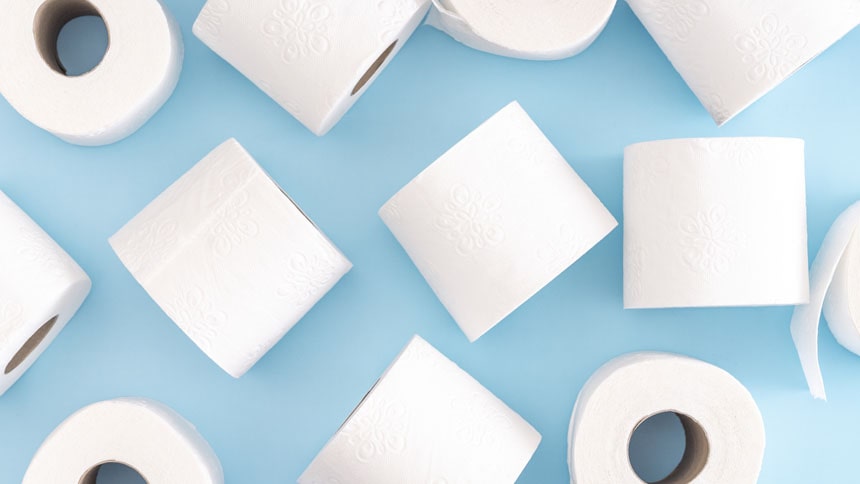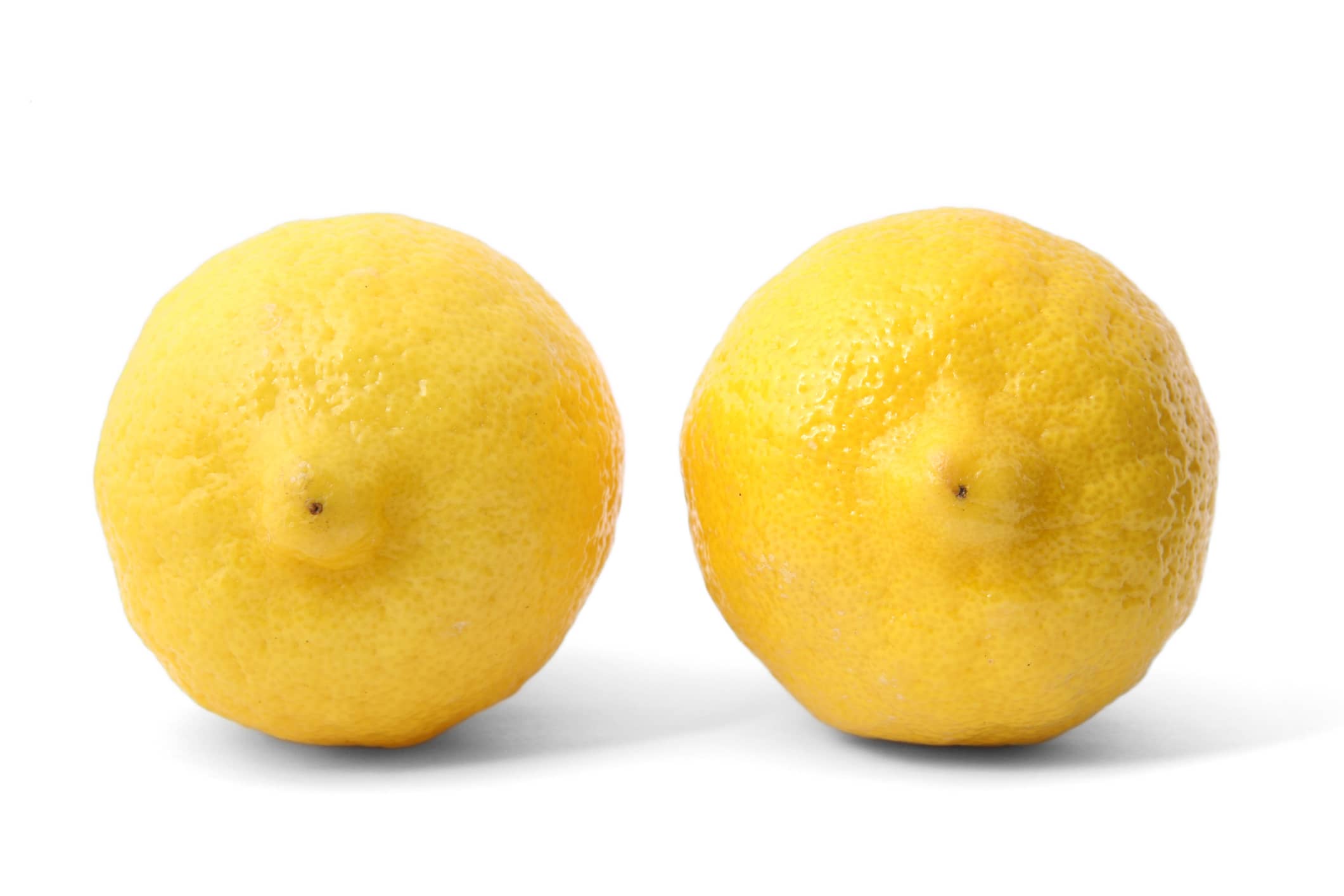Good nutrition is important for all women around the time of the menopause.
Although there's no special diet that women going through the menopause need to follow, it's particularly important that you have a healthy, balanced diet with regular meals, as irregular eating can make certain symptoms worse, such as feeling tired.
When it comes to a healthy diet, balance is vital. This means eating a wide variety of foods in the right proportions, and consuming the right amount of food and drink to achieve and maintain a healthy body weight.
Base your meals on starchy foods
Starchy foods should make up just over a third of everything you eat. This means you should base your meals on these foods.
Potatoes are a starchy food and a great source of fibre. Leave the skins on where possible to keep in more of the fibre and vitamins. For example, when having boiled potatoes or a jacket potato, eat the skin.
Try to choose wholegrain or wholemeal varieties of starchy foods, such as brown rice, wholewheat pasta and brown, wholemeal or higher-fibre white bread. They contain more fibre (often referred to as "roughage"), and usually more vitamins and minerals than white varieties.
Eat at least five portions of fruit and veg a day
Fruit and vegetables are a vital source of vitamins and minerals. It's advised that we eat at least 5 portions of a variety of fruit and vegetables each day.
There's evidence that people who eat at least 5 portions a day have a lower risk of heart disease, stroke and some cancers. But surveys show that most women aged 50 to 64 eat less than this.
Eating lots of different types of fruit and vegetables, so that you get a variety of nutrients, is thought to bring the greatest benefits.
Getting your 5-a-day isn't as hard as it sounds:
- just 1 apple, banana, pear or similar-sized fruit is 1 portion
- a large slice of pineapple or melon is 1 portion
- 3 heaped tablespoons of cooked vegetables or pulses is another portion
- having a sliced banana with your morning cereal is a quick way to get 1 portion
- swap your mid-morning biscuit for a tangerine, and add a side salad to your lunch
- have a portion of vegetables with dinner, and snack on fruit in the evening
Calcium is vital for bone health
It's especially important to get enough calcium in your diet, as it's vital for bone health.
Good sources of calcium include milk and dairy foods, such as cheese and yoghurt, which also contain protein.
To enjoy the health benefits of dairy without eating too much fat, choose semi-skimmed, skimmed or 1% fat milk, as well as lower-fat hard cheeses or cottage cheese, and lower-fat yoghurt.
Why protein is important
As we get older we need more protein, and it plays a vital role in helping the body recover from illness, infections and surgery.
Beans, fish, eggs and meat are all good sources of protein, and contain a range of vitamins and minerals.
Meat is a good source of protein, vitamins and minerals, including iron, zinc and B vitamins. It's also one of the main sources of vitamin B12.
Try to eat lean cuts of meat and skinless poultry whenever possible to cut down on fat. Always cook meat thoroughly.
Fish is another important source of protein, and contains many vitamins and minerals. Oily fish is also rich in omega-3 fatty acids.
Aim for at least 2 portions of fish a week, including 1 portion of oily fish. You can choose from fresh, frozen or canned, but remember that canned and smoked fish can often be high in salt.
Eggs and pulses (including beans, nuts and seeds) are also great sources of protein. Plain unsalted nuts are high in fibre and a good alternative to snacks high in saturated fat or sugar, but they still contain high levels of unsaturated fats, so eat them in moderation.
Cut down on fats and sugar
Some fat in the diet is essential, but it should be limited to small amounts. It's important to get most of your fat from unsaturated oils and spreads. Swapping to unsaturated fats can help to lower cholesterol.
Too much saturated fat can increase the amount of cholesterol in the blood, which increases your risk of developing heart disease, while regularly consuming foods and drinks high in sugar increases your risk of obesity and tooth decay.





